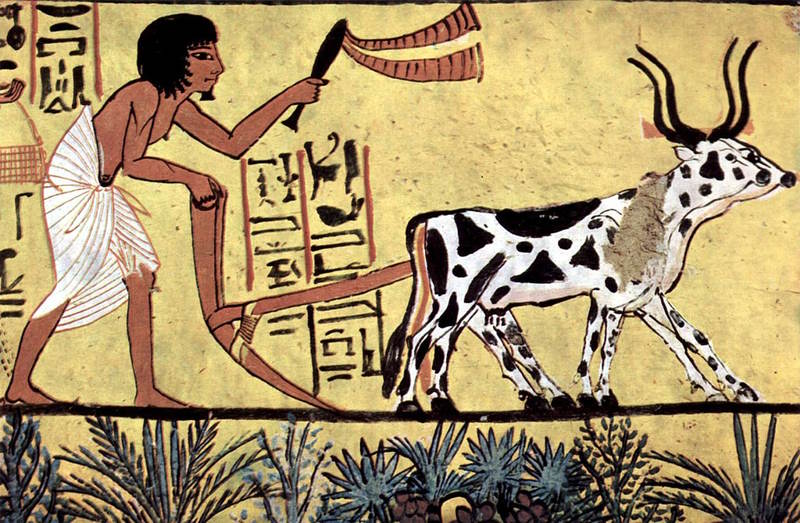Today we tend to think of our lives as something static, unrelated to the past or to the future.
But years ago, the great orator Cicero quoted the poet Statius, “He plants his trees to serve a race to come.”
Cicero goes on to say that a farmer, however old, if he were asked for whom he planted the trees would say,
“For the immortal gods, whose will it was that I should not merely receive these things from my ancestors, but should also hand them on to the next generation.”
Thus our lives are a continuum, from one generation to the next, like chapters in a book. Our ancestors have given us gifts, and we have a responsibility to pass our own gifts to future generations.
Forgotten forebearers
We all have ancestral histories – it’s just that we have forgotten them.
In many Asian cultures, it is common for families to keep books documenting their ancestry and genealogy, often called family trees or genealogical records. Chinese, Japanese and Korean families will proudly produce such books that go back hundreds or even thousands of years.
In Europe, some baptismal records of old churches go back hundreds of years.
Today we can use our blood samples with their DNA fingerprints to find which countries our ancestors come from. Thus, you might see spots on a map of Europe or another continent. But these do not seem to satisfy us; they are just blips on a screen that tell us nothing about the lives of those who came before us.
Looking forward, how important it is to teach our children well, as the song says. Our habits, attitudes and values are passed along, as they say, with their mothers’ milk to the next generation. Plant trees that you will never see fully grown. But someone will.

